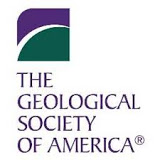Colorado Scientific Society – Earth Sciences since 1882
The oldest scientific society in the Rocky Mountain region
Founded in 1882, the Colorado Scientific Society promotes knowledge, the understanding of science, and its application to human needs.
We focus primarily on earth science, welcoming members with interests in all fields of science. Learn more.
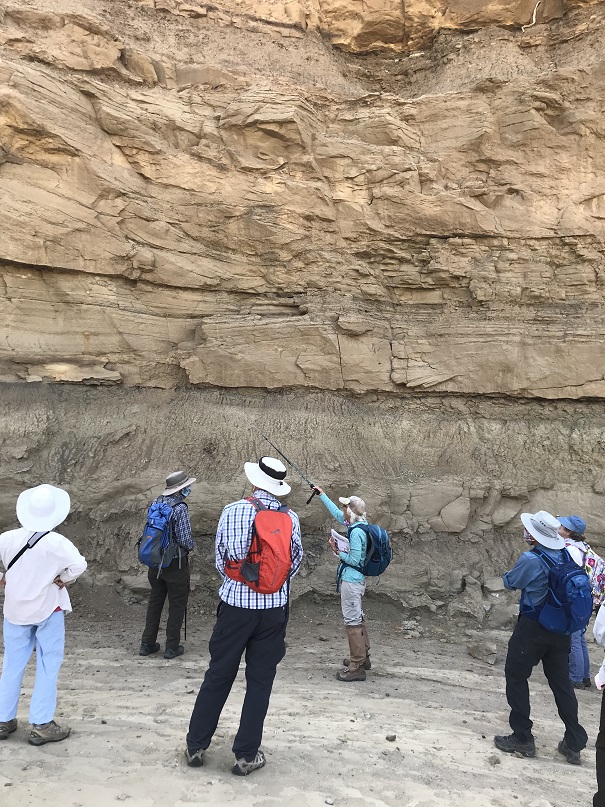
Future Colorado Scientific Society Meetings and Field Trips
We normally hold monthly meetings from September through May.
Our meetings are normally now both in-person and virtual.
CSS April Meeting and Emmons Lecture
Tales from the Field:
Using Modern Earth to Assess Life on Ancient Mars
Thursday, April 18, 2024 at 7:00 p.m.
Brian Hynek, Department of Geological Sciences and Laboratory for Atmospheric and Space Physics at the University of Colorado
In-person Meeting at Calvary Church Golden with free pizza and beer
All are welcome – no admission charge
6:30 pm – Social time at in-person meetings
6:45 pm – Join Zoom meetings
7:00 pm – Meeting and Program begin. Please arrive early.
Church doors are locked, and no one will be at the door to let you in after 7:00 pm.
Link to Join CSS April Meeting via Zoom
CSS is inviting you to our meeting on Thursday, April 18 at 7:00 pm.
For other Zoom options, click here.
See details about attending in-person at the church below.
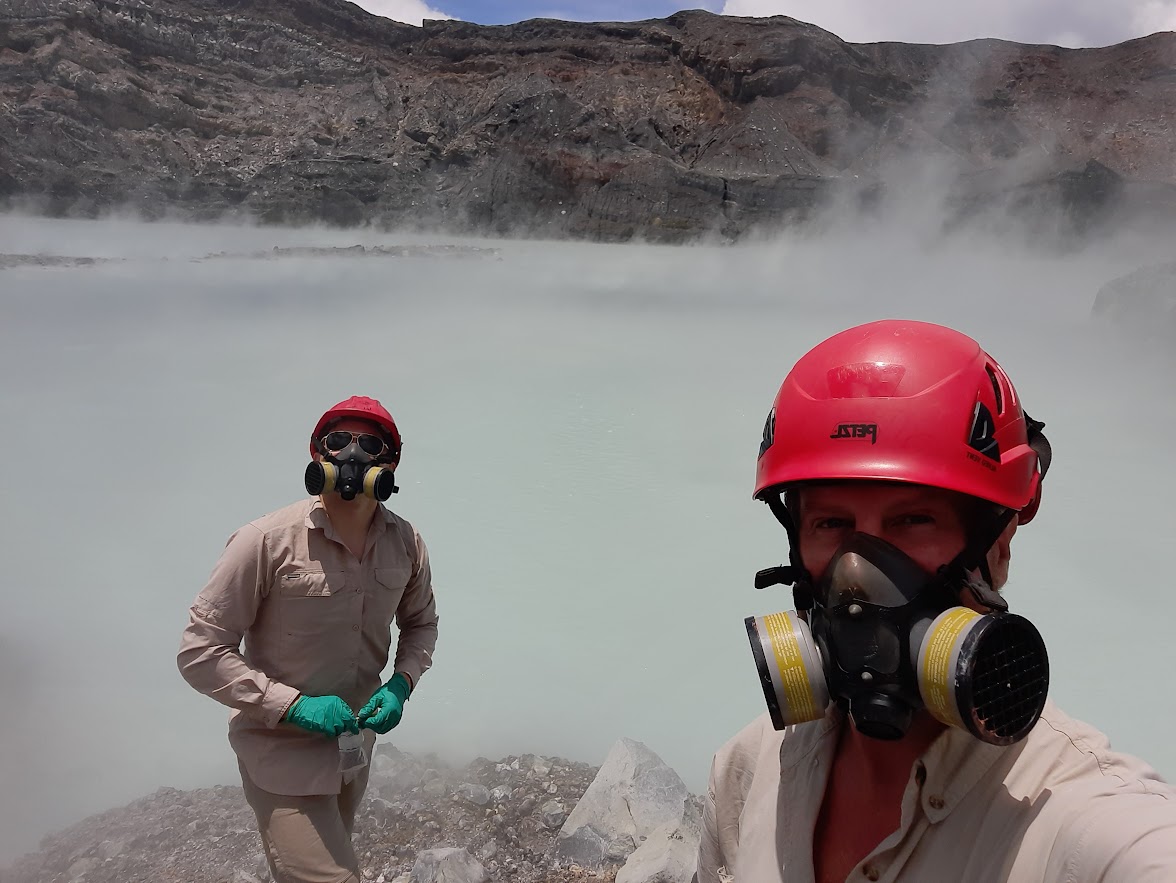
Abstract: After two decades of intense exploration, it is clear that ancient Mars met all the requirements to support microbial life for at least 100s of millions of years. This includes an active hydrologic cycle hosting rivers, lakes, and potentially an ocean. We have also found many “dried up Yellowstones” on Mars and these are crucial habitats since most scientists believe that Earth’s life originated in similar settings and at a similar time in the planet’s history. One way to learn about ancient environments on Mars and the microbes that might have lived there is to study analogous environments on modern Earth. I will talk about some of my recent work from around the world that have detailed some of Earth’s most extreme environments including expeditions to the world’s tallest active volcano, hypersaline alkaline lakes in Tanzania, steaming lava fields in Iceland, boiling acid lakes in Costa Rica, and high-altitude salty lagoons in the high Argentinian desert. Remarkably, most all of these extreme settings host microbial ecosystems. I will discuss our current understanding of ancient Mars and how Earth life’s remarkable resiliency makes the likelihood of past microbial life on Mars quite likely.
A unique ecosystem in an inhospitable desert
Deep within Argentina’s Puna de Atacama, a desert more than 12,000 feet above sea level, a previously undocumented ecosystem could provide scientists with a window to life 3.5 billion years ago. These lagoons surrounded by salt flats are home to microbial communities called stromatolites, which grow alongside minerals to create unusual rock formations over time.
CU Media put together a nice drone video montage that you can view from here:
https://vimeo.com/891536538/268ef5428f?share=copy
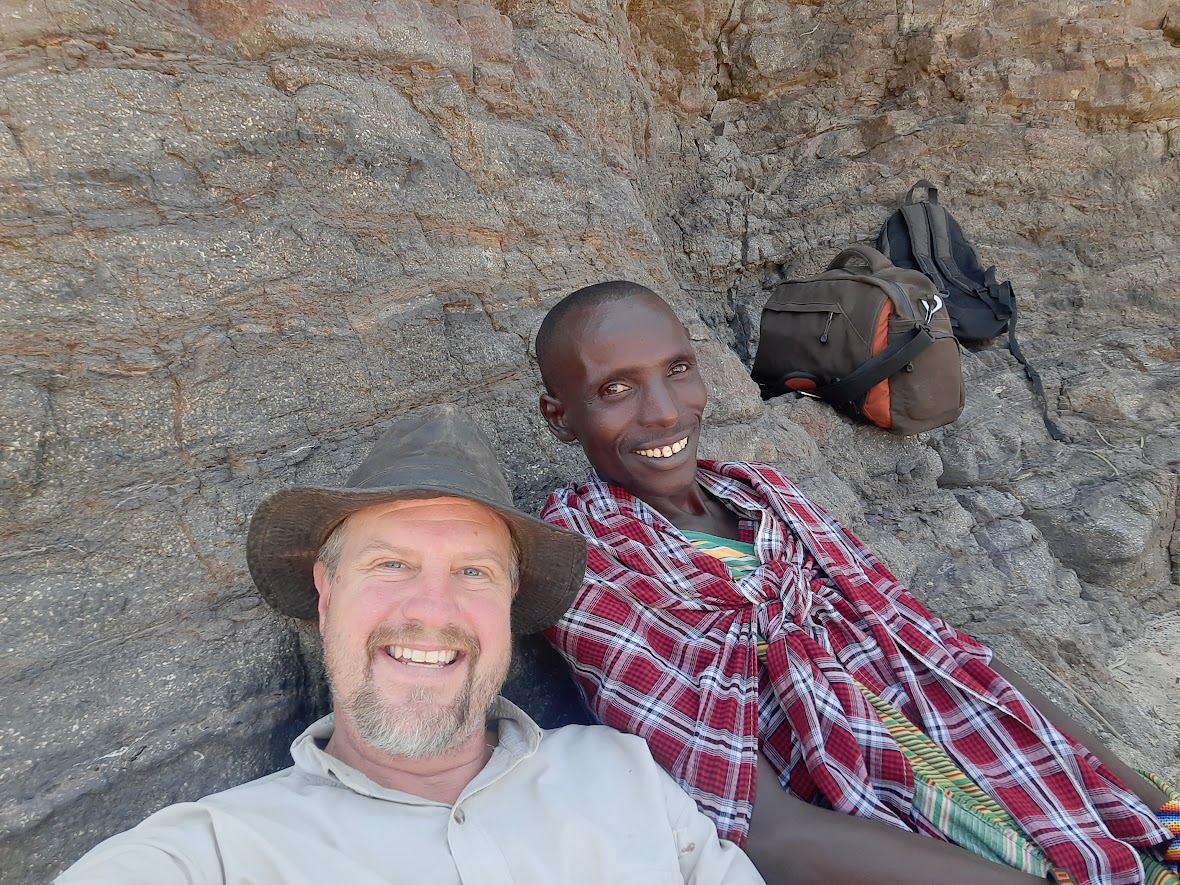
Bio: Dr. Brian M. Hynek is Professor in the Department of Geological Sciences and Laboratory for Atmospheric and Space Physics at the University of Colorado Boulder. He has spent the last 25 years studying Mars and its potential to host past life. Brian is a world expert on the study of modern terrestrial analogs to understand geological processes that operated on early Mars and the Moon, with recent field-based projects spanning five continents. He has worked extensively with NASA, conducting mission simulations in preparation for robotic and human exploration of the Moon and Mars. Brian has published over 80 peer-reviewed scientific papers, multiple book chapters, and hundreds of conference abstracts.
In-person Meeting at Calvary Church Golden with free pizza and beer
All are welcome – no admission charge
6:30 pm – Social time at in-person meetings
6:45 pm – Join Zoom meetings
7:00 pm – Meeting and Program begin. Please arrive early.
Church doors are locked, and no one will be at the door to let you in after 7:00 pm.
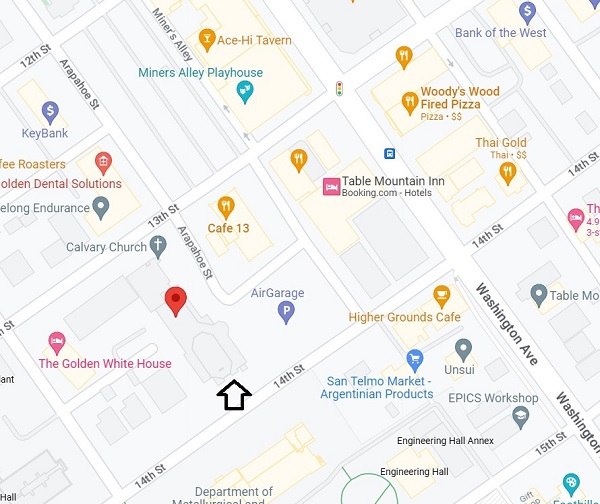
Calvary Church Golden
Click on link to open a Google map.
Enter from 14th St., go in by the main glass doors at [906] 14th St.
Do not enter via the old church above 13th St.
From the 14th Street entrance go down the hallway following Colo Sci Soc signs to Community Rooms 1 and 2, where we meet.
The church doors must stay locked, and we will have a person to let you in at the doors off 14th st.
They want to see the presentation too, so please arrive before 7:00 pm.
There will be a phone number that you can text to be let in if you arrive late.
Parking
On street parking is available close by, along 14th St and west of Washington Ave in Golden.
The AirGarage parking structure, which can be entered from Arapahoe St., is $3.00 for three hours.
Copies of The Geology of Boulder County by Raymond Bridge (2004) will be available for $20.
CSS May Meeting
Rare Earth Elements, Some Thoughts for Colorado and The United States
Thursday, May 16, 2024 at 7:00 p.m.
Peyton Jackson, American Clean Resources Group
In-person Meeting at Calvary Church Golden or Join us on Zoom
Brief description: My presentation will be a discussion and analysis of Rare Earth / Critical Minerals and the Geopolitical landscape. I am a salesperson by trade and want to bring to CSS members an understanding of our Societies’ shortcomings within the supply chain and of course the elephants that are in the room (China, regs, political will, economics etc.).
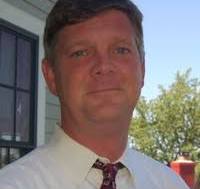
Biography
Peyton N Jackson
57 years old, father of 4 grown children, Navy Brat with the typical world traveled Viet Nam era Asia Pacific locations, left coast tour (Long Beach / Coronado) and then later upbringing in Wash DC Suburb of Alexandria VA. Graduate of James Madison University, BA English and History w/Minor in Geology.
Thirty five-year veteran of the financial services and sales industry with experience and expertise in multiple facets of the industry including and not limited to brokerage, investment banking, marketing, sales management and training, corporate structure and regulatory compliance, internal organization, management hierarchy, public relations, investor relations, HR advisory, AdTech and Martech consulting and management, sales force recruitment.
Professional affiliations with AG Edwards & Sons, Morgan Stanley, and various small boutiques and family offices, AdTech agencies with Small Medium Business focus as well as global large cap firms such as Stihl, Bosch, Johnson & Johnson, and others. Experience in sales team creation and management, reorganization, and product shift. Association networking and advisory. Business development lead generation. C-level and BOD level recruitment and vetting.
Significant work assignments and clients in The Mining and mineral exploration sector in Appalachia Coal operations: Kentucky, West Virginia, and Virginia. Hard rock gold in Northern California and extensive consulting for Colorado, Nevado, Arizona and Idaho mining operations in gold, silver, and rare earths, (lanthanides). Specialty focus on geo survey, NT 43-101, SK 1300, core drilling, and regulatory oversite, audit review and validation. MSHA regulatory advisory and compliance. Significant expertise and experience in Smart Mining IP Development, efficient water management, extraction circuits and metallurgical processing including ownership in several process patents.
Specialization in Mining and strategic metals due diligence team building. Sourcing of Contract mining entities, third party evaluators: NT 43-101, SK 1300 reporting. Site assessment, regulatory evaluation. High degree of specialty in expert recruiting for specialized mine project needs including engineers, geologists, miners, chemists, and C level executives. Sophisticated understanding of executive requirements for Publicly traded entities and private to public transitions.
Favorite business clients and professional leaning has involved entities in SMB Service Industries, small innovators, product launch and development, mining, exploration, underground infrastructure, and innovation related to mineralogy, exploration, and extraction. Work herein relates to Governmental liaison (Capitol Hill) and industry associations, major Universities, and foundations as well as small viable operations in the high grade / low volume sectors. Public relations and local government mediation and community relations.
CSS Past Presidents Dinner – September
Topic tbd
Thursday, September 19, 2024 at 7:00 p.m.
David Goodwin and Peter Roopnarine, California Academy of Sciences
Mount Vernon Canyon Club or Join us on Zoom
CSS October Meeting
Topic tbd
Thursday, October 24, 2024 at 7:00 p.m. – note a week later than normal
Harrison Gray, U.S. Geological Survey
In-person Meeting at Calvary Church Golden or Join us on Zoom
CSS November Meeting and Student/Member Poster Night
Thursday, November 21, 2024 at 7:00 p.m.
In-person Meeting at Calvary Church Golden or Join us on Zoom
CSS December Holiday Potluck, Meeting and President’s Address
Quaternary Records of Spring Ecosystems
Tuesday, December 3, 2024 at 5:30 p.m.
Jeff Pigati and Kathleen Springer, U.S. Geological Survey
In-person Potluck Dinner at New Terrain Brewing Company for 50 people or Join us on Zoom
Please pay your CSS dues for 2024!
You may pay dues online or print out a PDF of the membership form and mail it to us with a check. Continuing your membership in CSS will enable us to continue all our ongoing programs, including our field trips, virtual meetings, Student Research Grants, and more.
See Membership and Donations for the CSS membership PDF and our online membership payment form.
Regular CSS Membership is $25;
Student Membership, $5;
Life Membership, $395.
Send your membership payment, if not done through our online membership payment form, to Colorado Scientific Society P.O. Box 150495 Lakewood, CO 80215-0495.
Thank you!
See Zoom Recordings of Recent CSS Meetings
Most recent CSS presentations are recorded on Zoom. Follow the links in the titles for each presentation to see abstracts, biographies of the speakers and video recordings of our meetings.
‘Golden Age of Geology’; Plate Tectonics and the Metaluminous-Peraluminous Distinction, September 21, 2023
Monte Swan, MagmaChem Associates, LLC
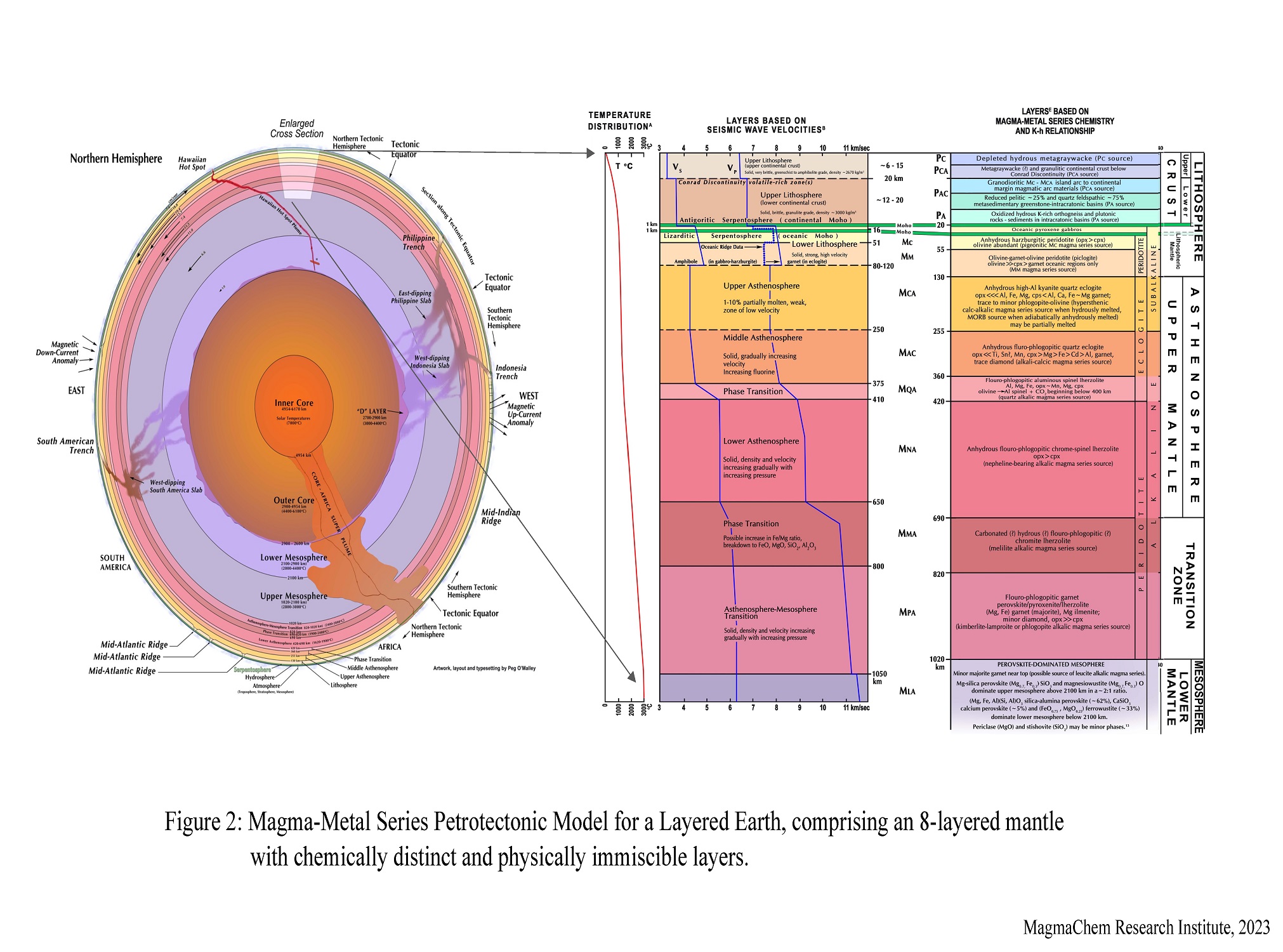
View ‘Golden Age of Geology’; Plate Tectonics and the Metaluminous-Peraluminous Distinction.
CSS and SIPES Summer Picnic, August 5, 2023
at Roger and Connie Knight’s
Not a meeting, just pictures of our CSS and SIPES Summer Picnic.
Next-generation stress maps of North America: Utility for understanding active tectonics and managing induced seismicity
May 11, 2023
Jens-Erick Lundstern (Lund Snee), US Geological Survey
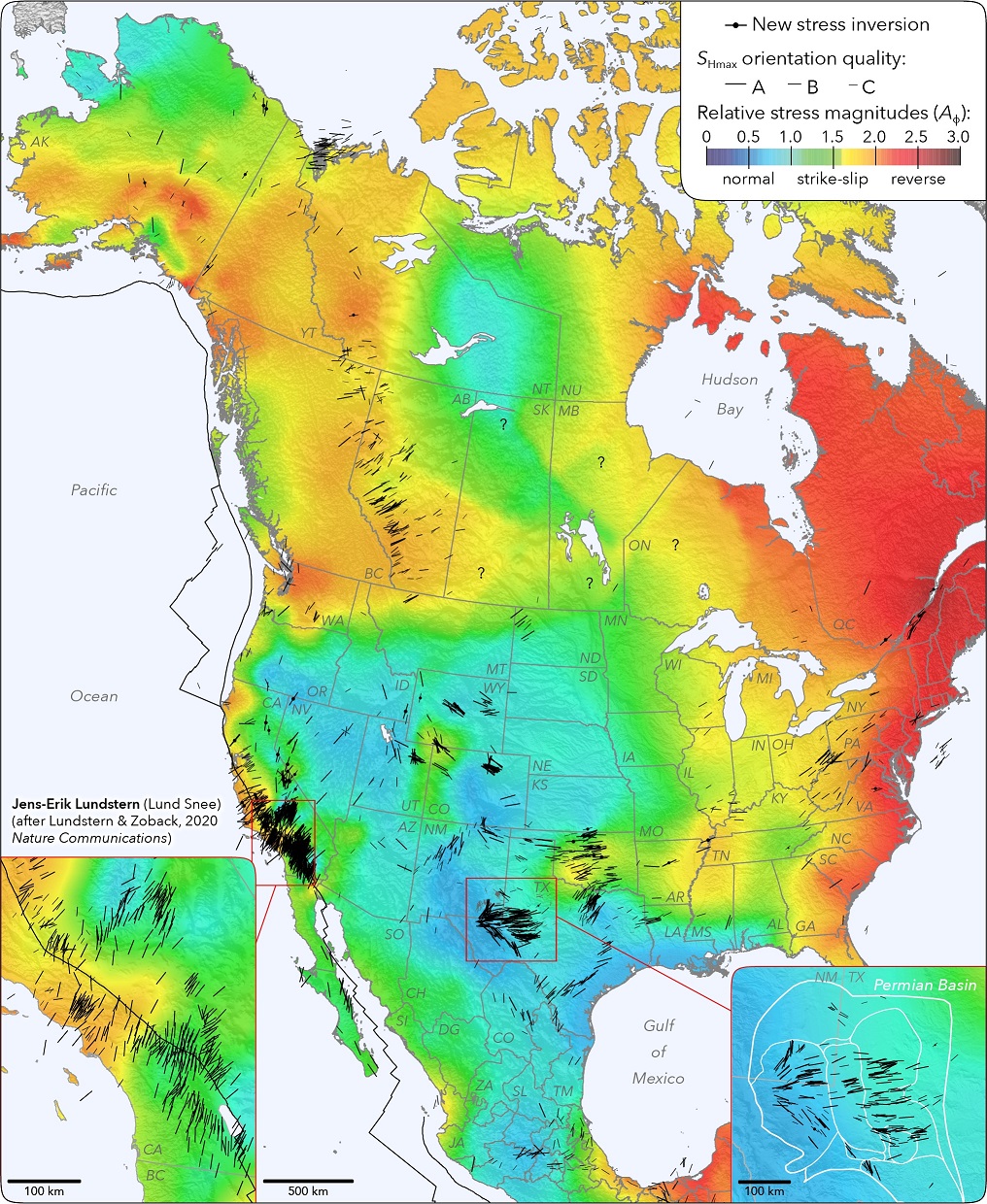
View the PowerPoint presentation of Next-generation stress maps of North America: Utility for understanding active tectonics and managing induced seismicity.
When the Colorado Ran North – Chasing Zircons from Arizona to the Labrador Sea,
April 20, 2023
James Sears, University of Montana
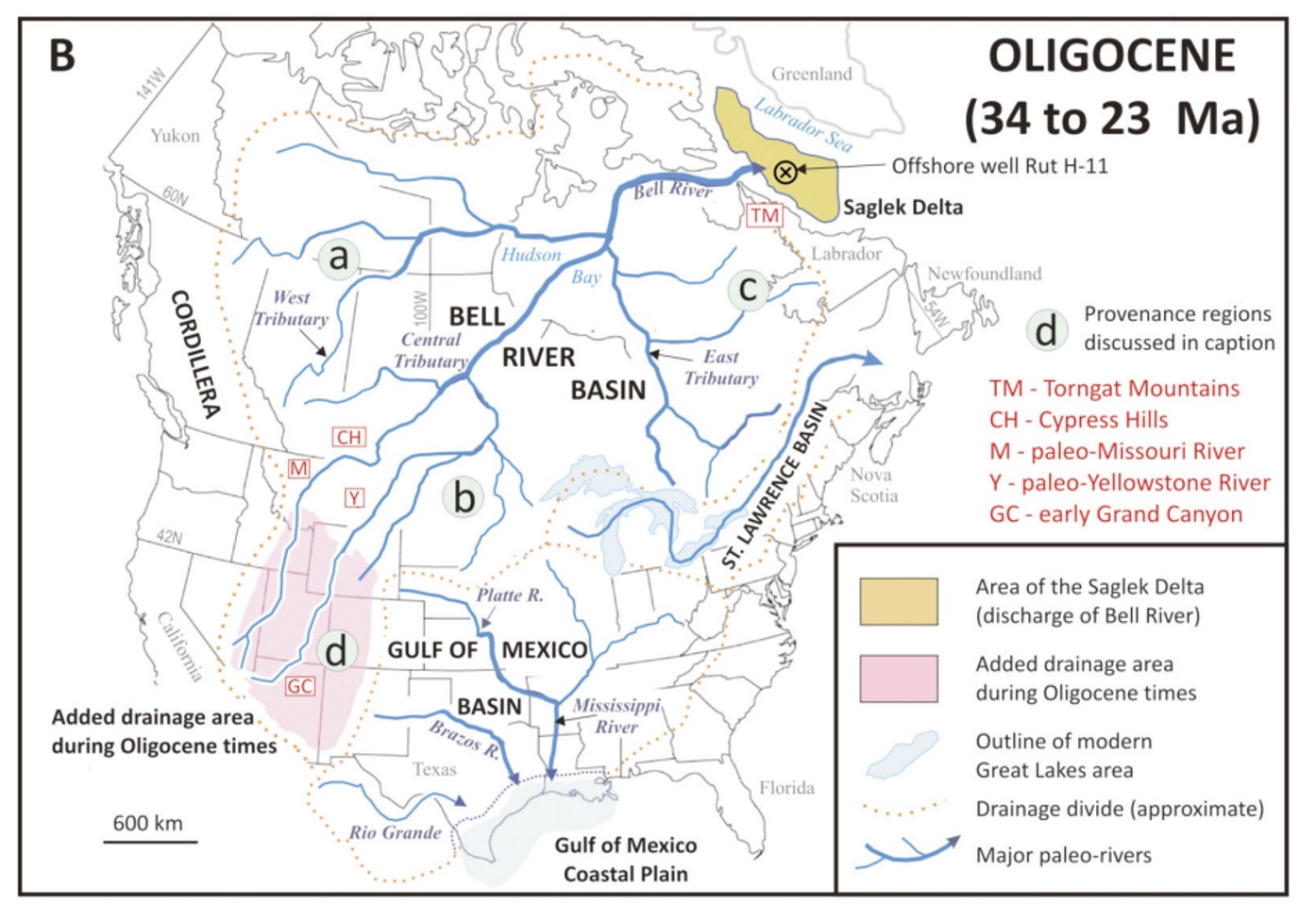
Provenance regions discussed in presentation.
If you cannot access Canadian Geoscience Volume 49, No. 1, see the articles linked after Jim Sears’ biography.
View When the Colorado Ran North – Chasing Zircons from Arizona to the Labrador Sea.
Breaking plates: how the recent earthquakes in Turkey relate to the tectonic escape of Anatolia and the migration of the Anatolia-Africa-Arabia triple junction
March 7, 2023
Michael Cosca, US Geological Survey
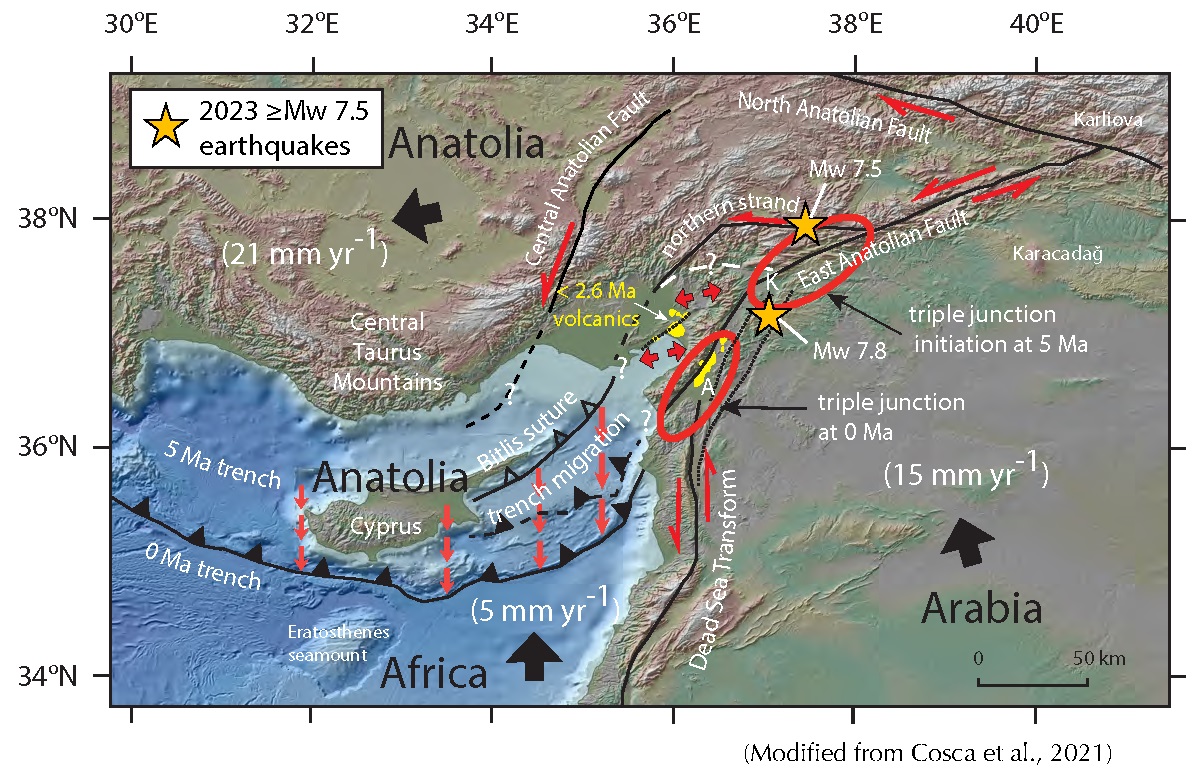
Mars Geology; Stratigraphy, Sedimentology, and Diagenesis of a Martian Lacustrine Deposit, Murray Formation, Gale Crater, Mars
February 16, 2023
Dr. John P. Grotzinger, Division of Geological and Planetary Sciences, California Institute of Technology
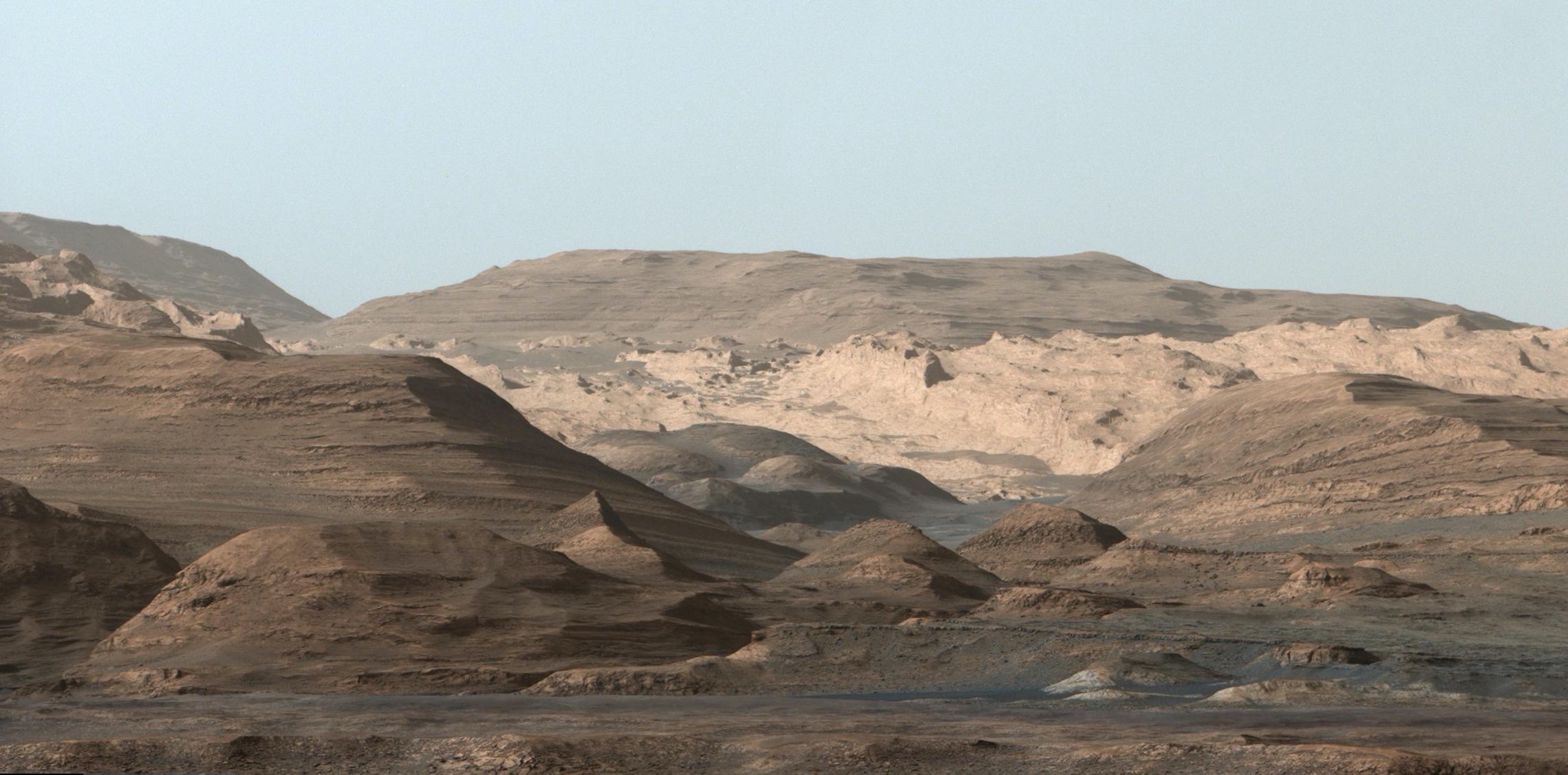
Colorado’s Evolving Landscape from the Neogene to Present: Insights from Geo- and Thermochronology
January 19, 2023
Alyssa Abbey, California State University, Long Beach View Colorado’s Evolving Landscape from the Neogene to Present: Insights from Geo- and Thermochronology
Who Owns the Arctic?
the Geopolitics of Plate Tectonics in a Melting World
December 13, 2022
Ned Sterne, Independent
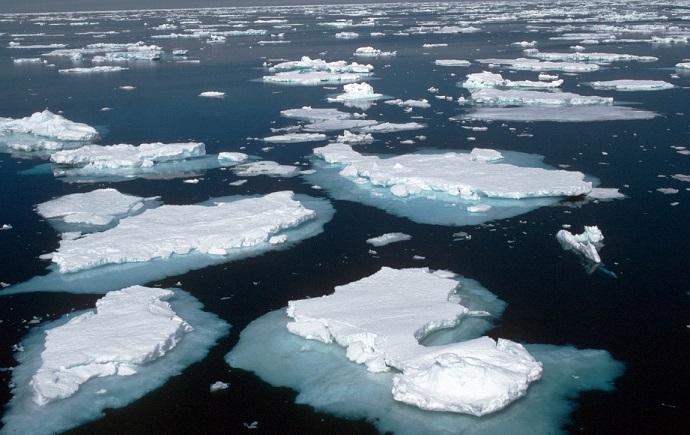
View Who Owns the Arctic? The Geopolitics of Plate Tectonics in a Melting World
All in the (human) family: Neanderthals and Denisovans and us
November 17, 2022
Bence Viola, University of Toronto
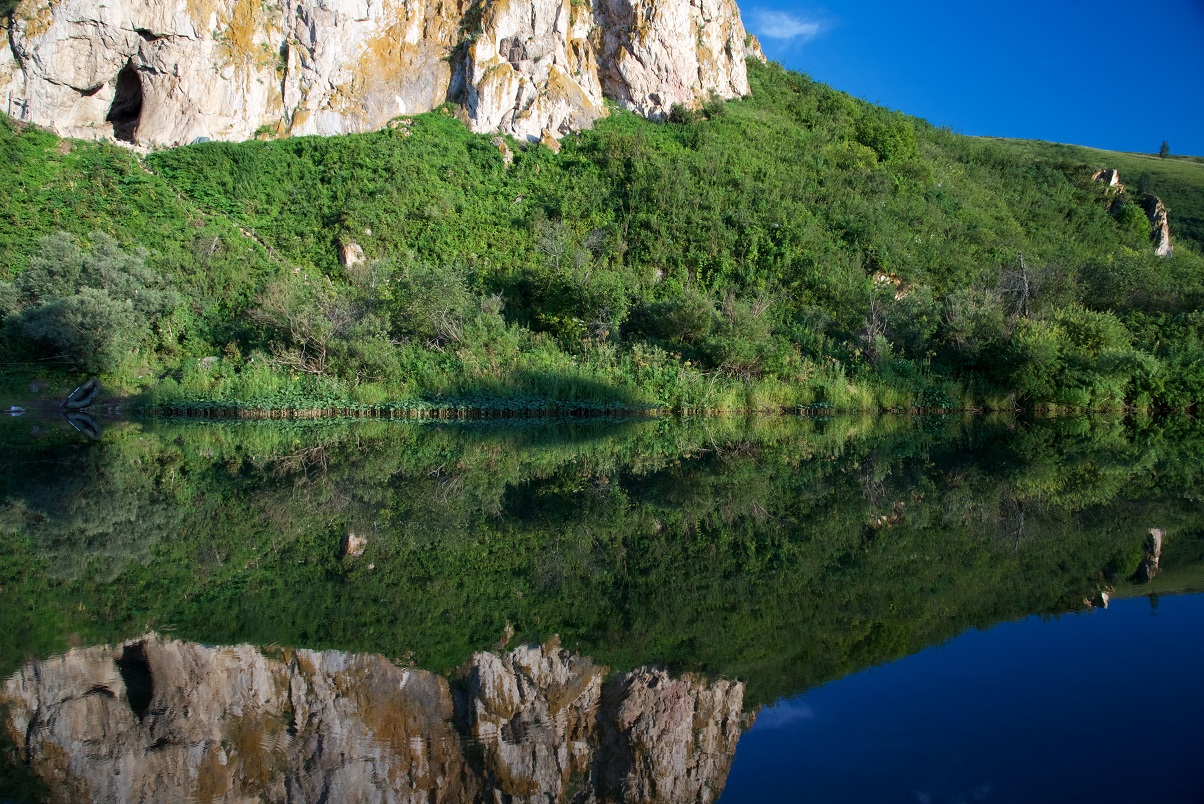
View All in the (human) family: Neanderthals and Denisovans and us
Assessing the role of the Deccan Traps in the end-Cretaceous mass extinction
October 6, 2022
Blair Schoene, Princeton
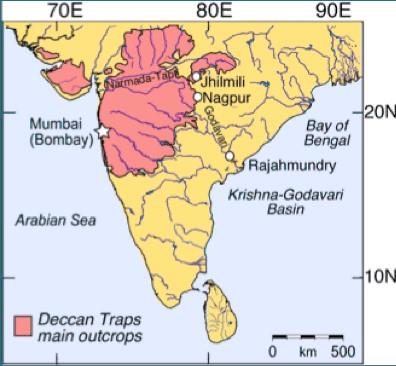
View Assessing the role of the Deccan Traps in the end-Cretaceous mass extinction
The White Sands footprints — humans in North America 23,000 years ago
September 15, 2022
Kathleen Springer and Jeff Pigati, US Geological Survey

See The White Sands footprints — humans in North America 23,000 years ago
Read past Colorado Scientific Society Newsletters
Start or renew your membership with the Online CSS Membership Form
Or print and mail in the Colorado Scientific Society Membership Form (PDF)
Archive of Past Colo. Scientific Society Meetings
About the Colorado Scientific Society
The Colorado Scientific Society was founded in 1882 as a forum for the exchange of observations and ideas on the topics of earth science. Lecture topics largely focus on earth science, and are open to the public. In addition to our monthly lecture series, the society is also active in public service. We fund student research grants, construct and post signs that describe local geologic features, and organize and lead field trips.
The Colorado Scientific Society normally meets on the third Thursday of the month from September through May. (In the summer months of June-August, too many members are out in the field.)
6:30 – Social time at in-person meetings
6:45 – Join Zoom meetings
7:00 – Meeting and Program begin
Corporate Sponsorship of the Colorado Scientific Society
Corporate sponsorship helps the Society continue to provide earth science-related talks, field trips, and other events to a broad cross-section of Front Range geologists and interested people. Please accept an invitation from the Colorado Scientific Society to become a corporate sponsor, enabling us to continue and expand our programs.
Details of corporate sponsorship of the Colorado Scientific Society
The Colorado Scientific Society is an Associated Society of the Geological Society of America
Please send comments about the Colorado Scientific Society website to ColoSciSoc.webmaster@gmail.com .
We meet at the Golden Calvary Church and appreciate them sharing their facilities.
We have our December Business Meeting and Potluck Supper at New Terrain Brewing Company and appreciate their support.
RockWare provides the Colorado Scientific Society with a meeting place for our monthly CSS Council meetings. RockWare provides Earth Science Software, Consulting, and Training.
We appreciate the support for our website by Table Mountain Web Design.


